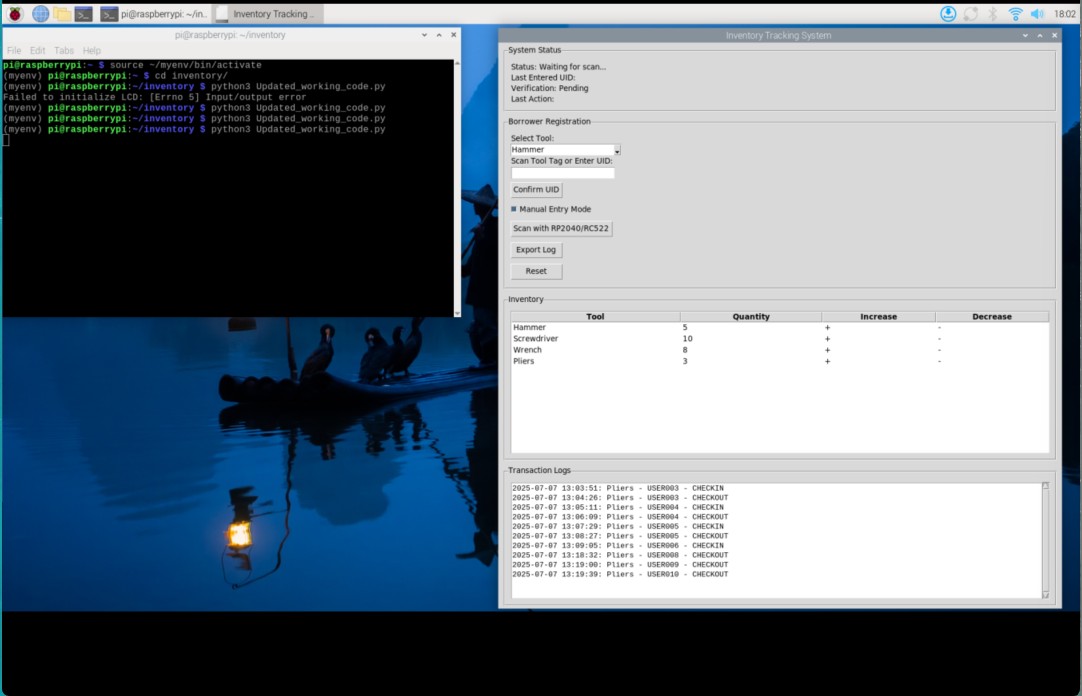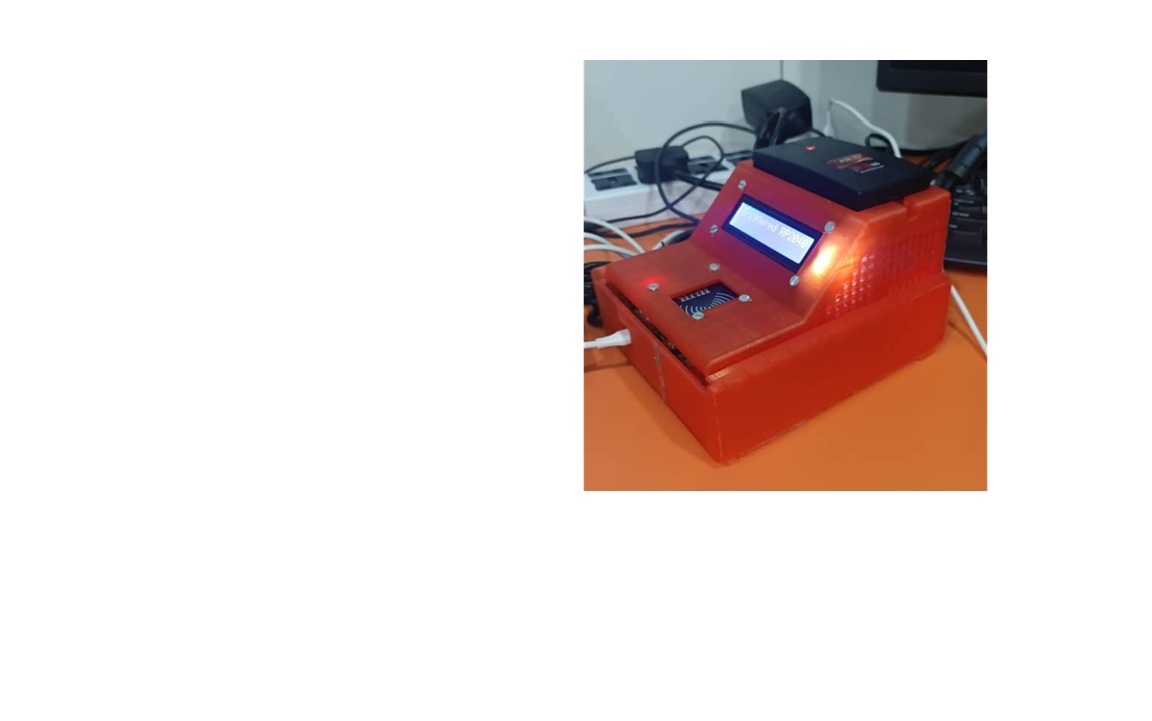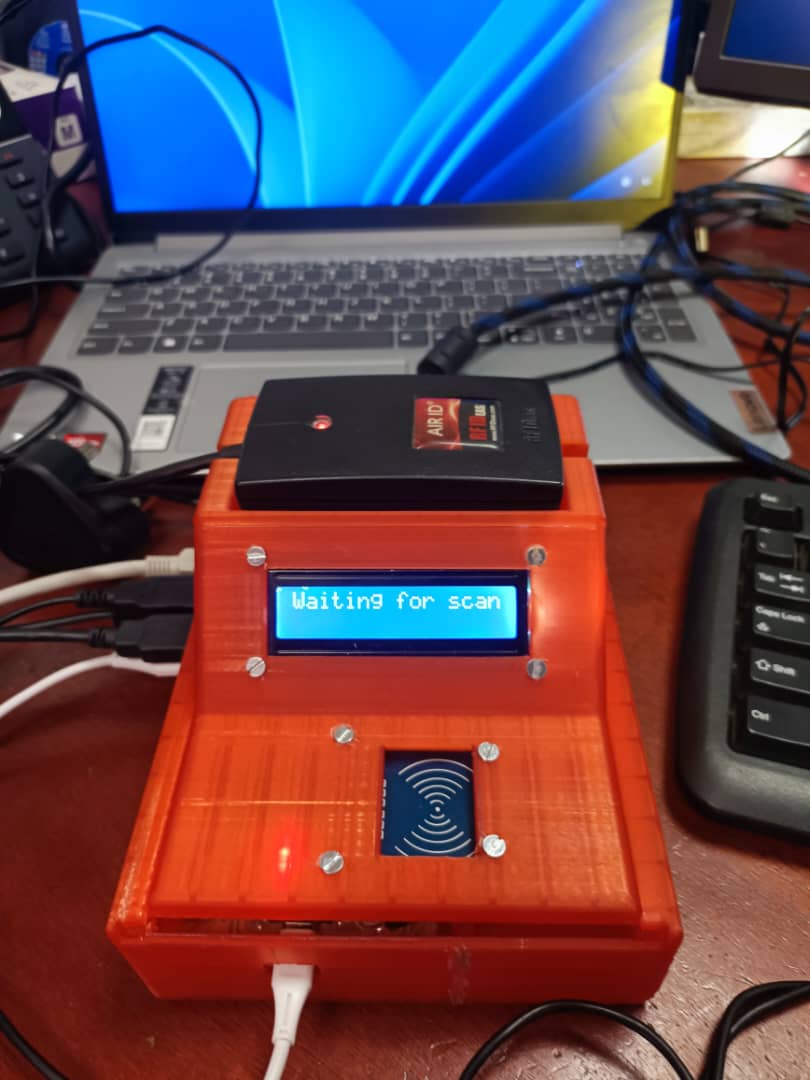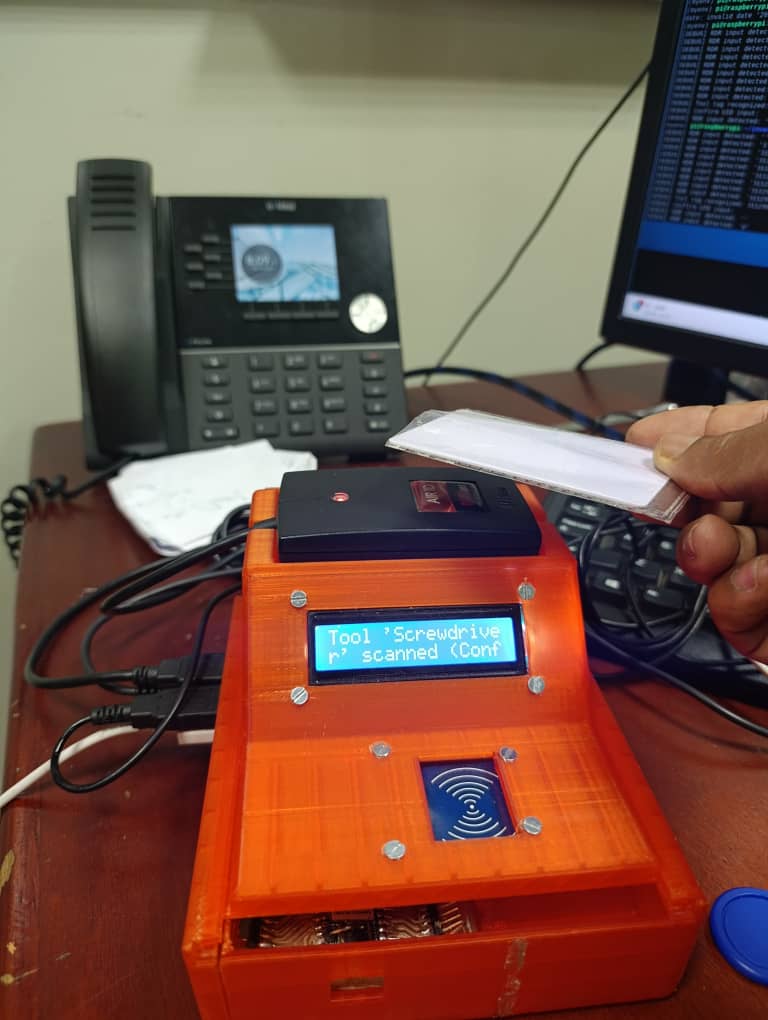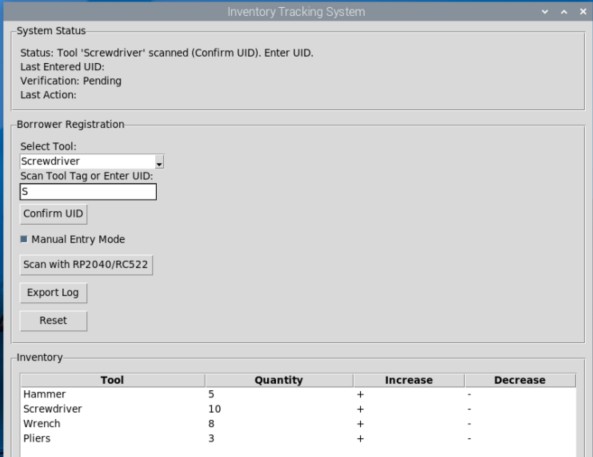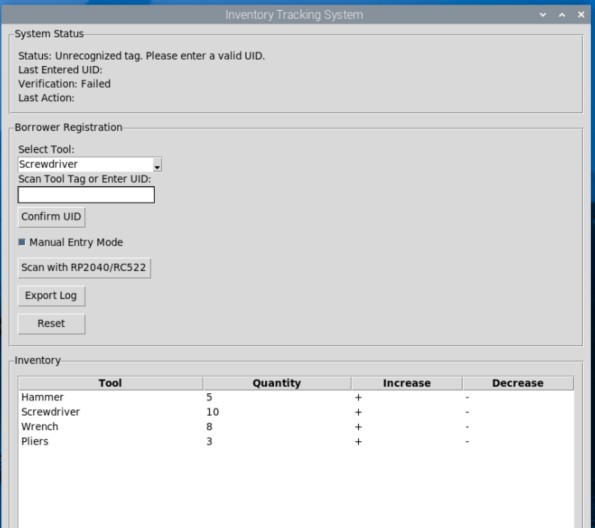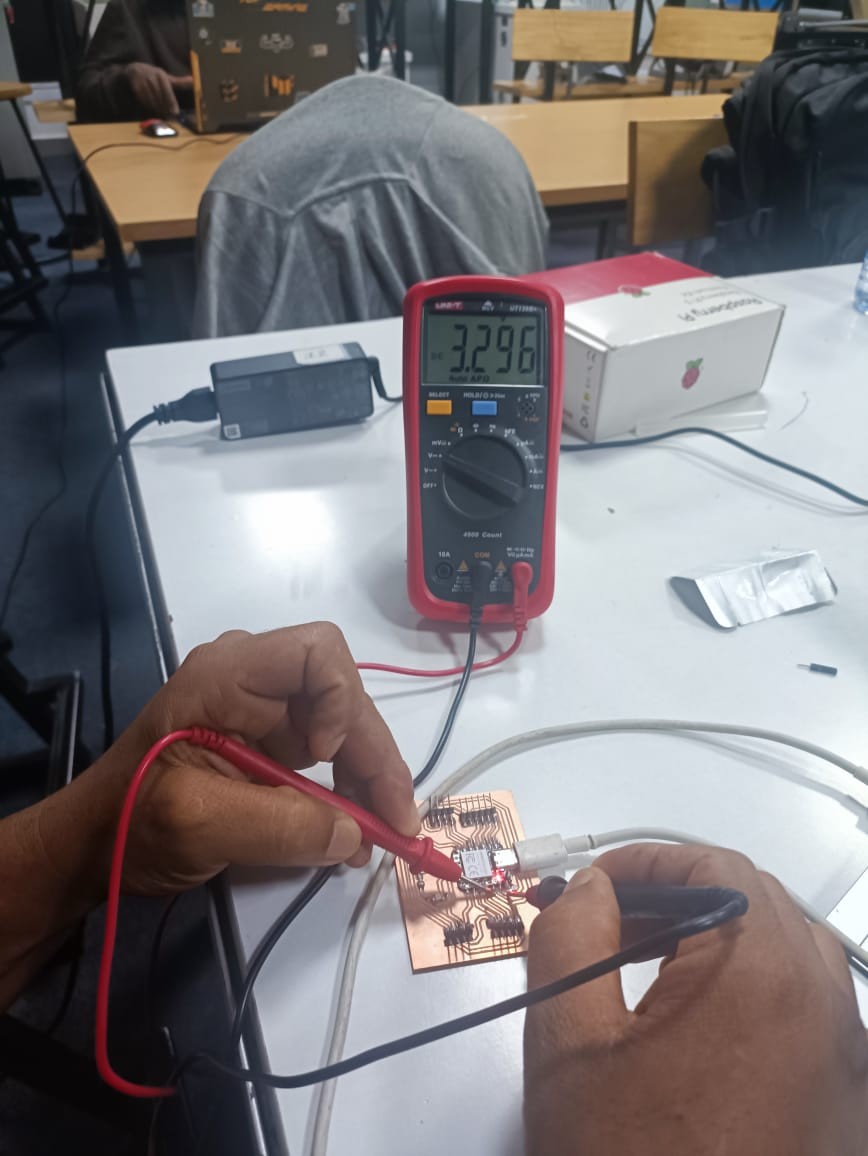4. What will you design?
- 3D Design: A custom 150x130x92 mm PLA enclosure using Solidworks to house the Raspberry Pi, RDR-7081AKU, RFID-RC522, LCD and USB ports, with slots for user access.
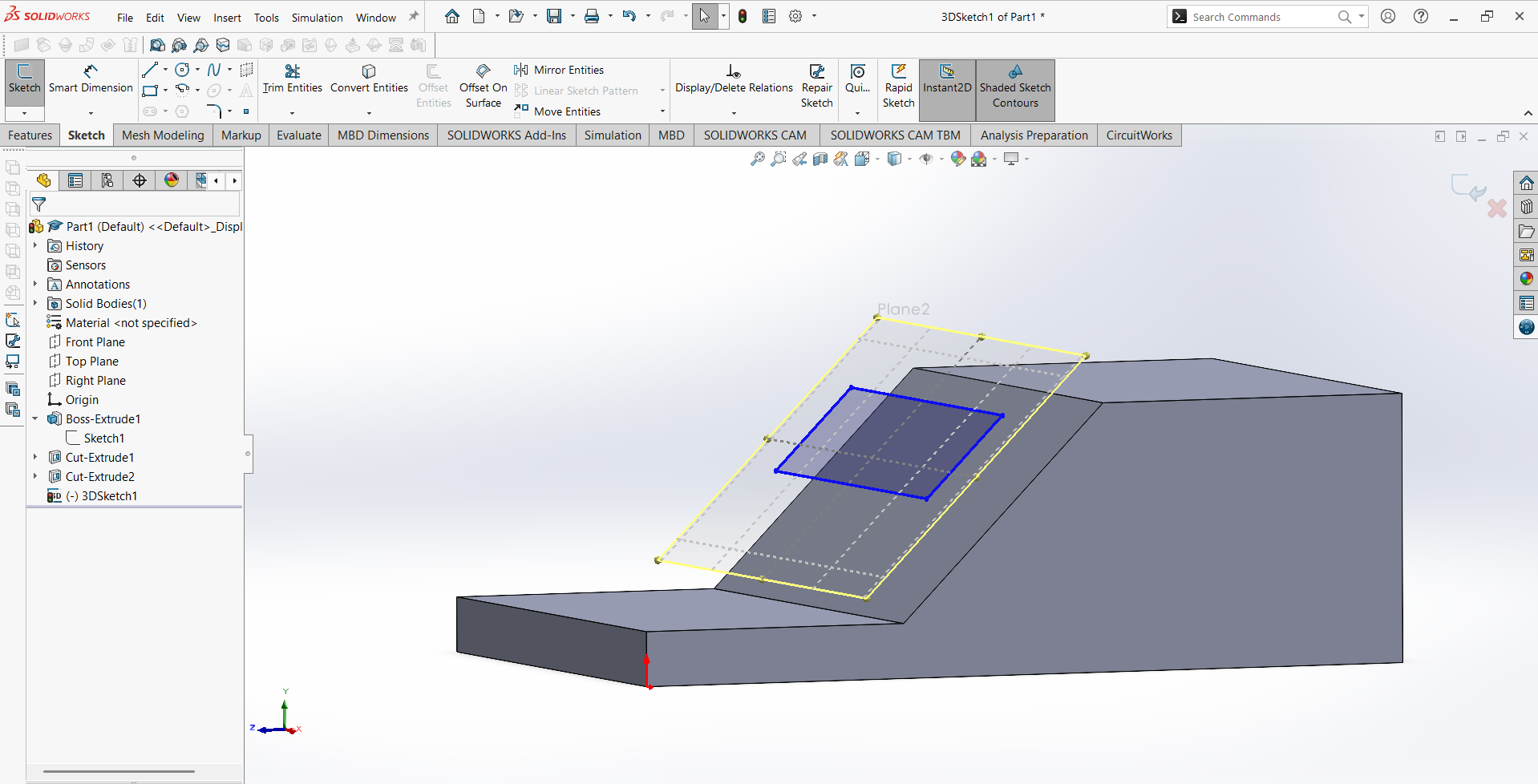
- Drawing top_cover
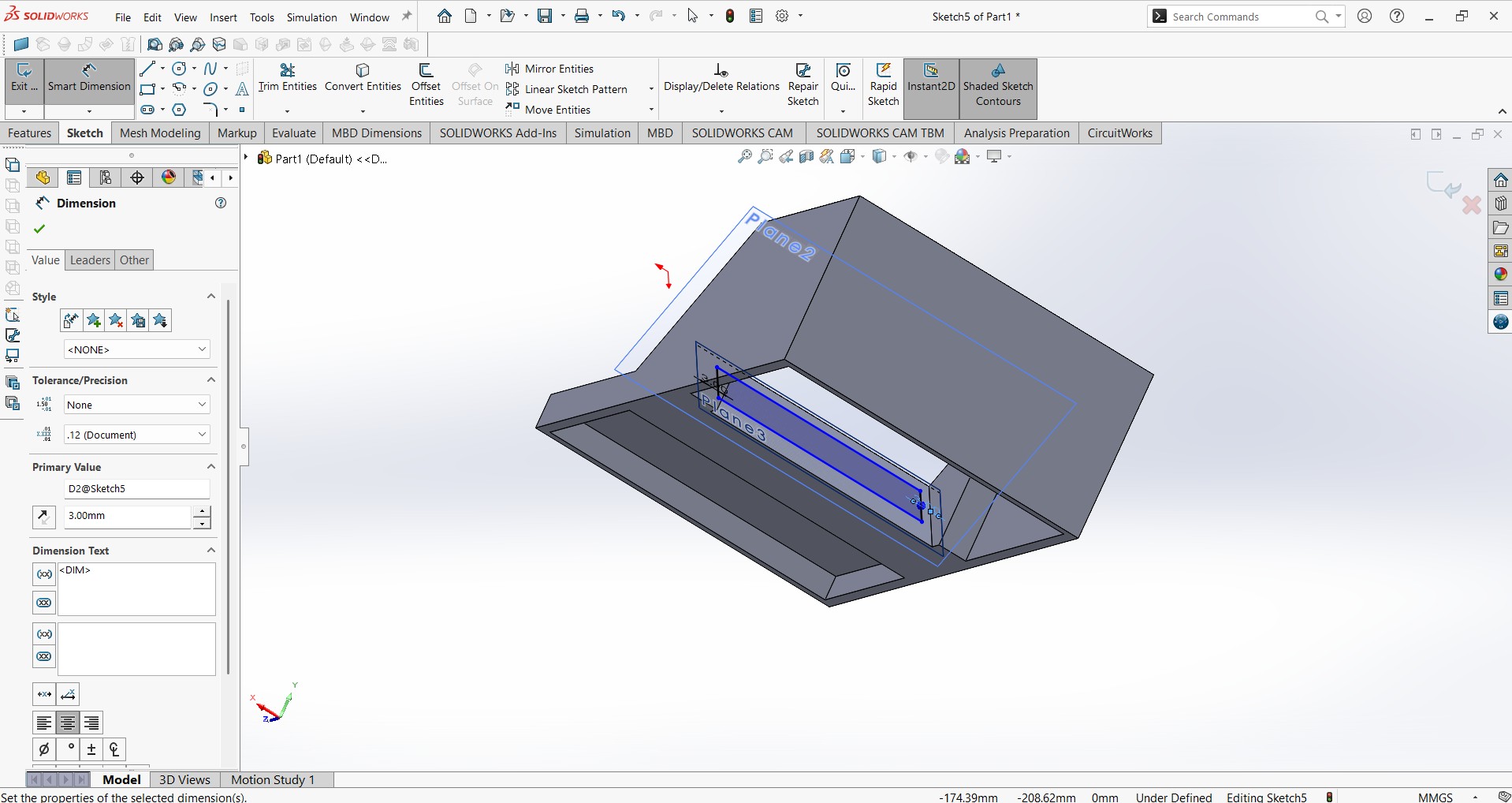
- Casing
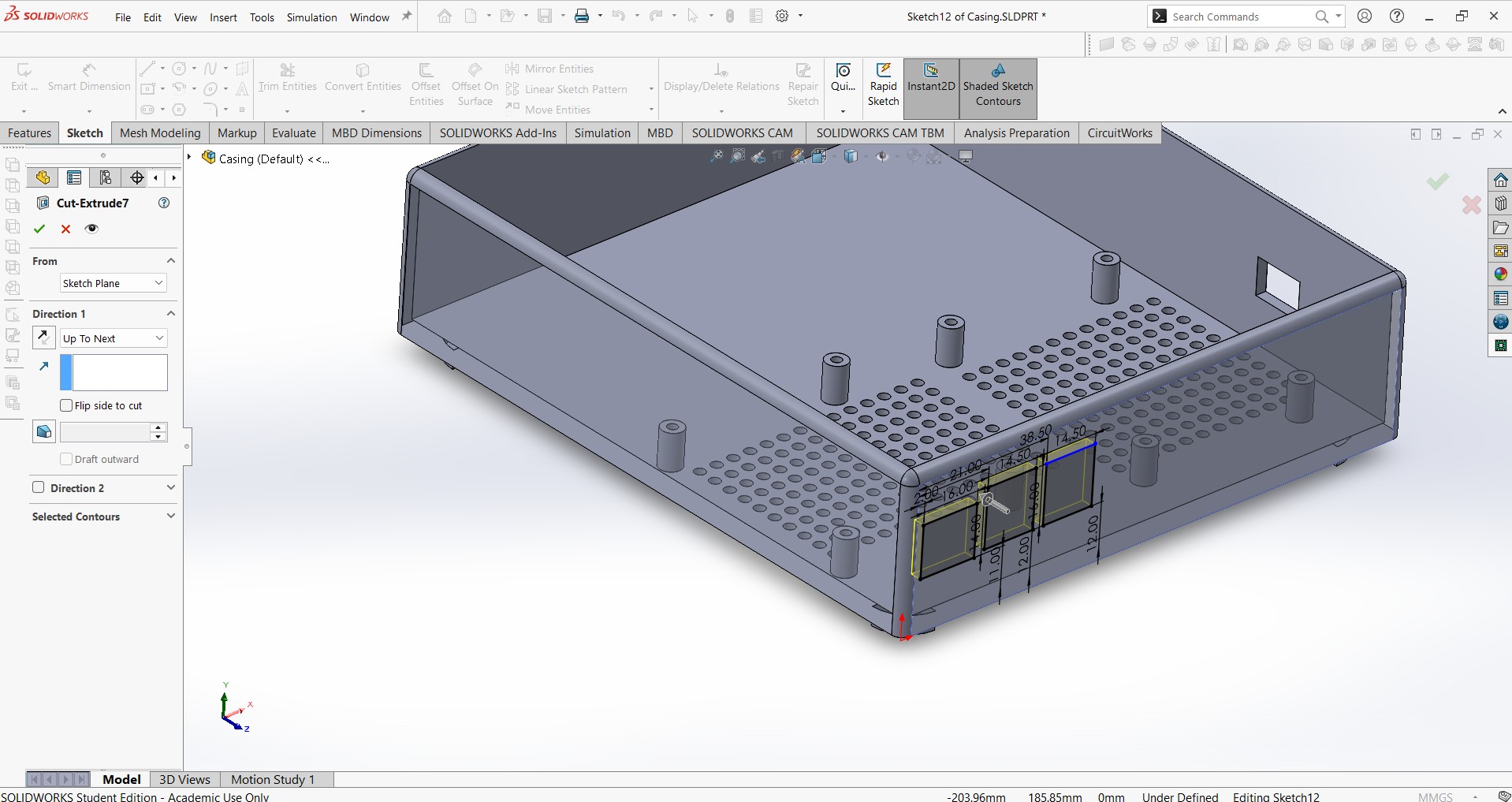
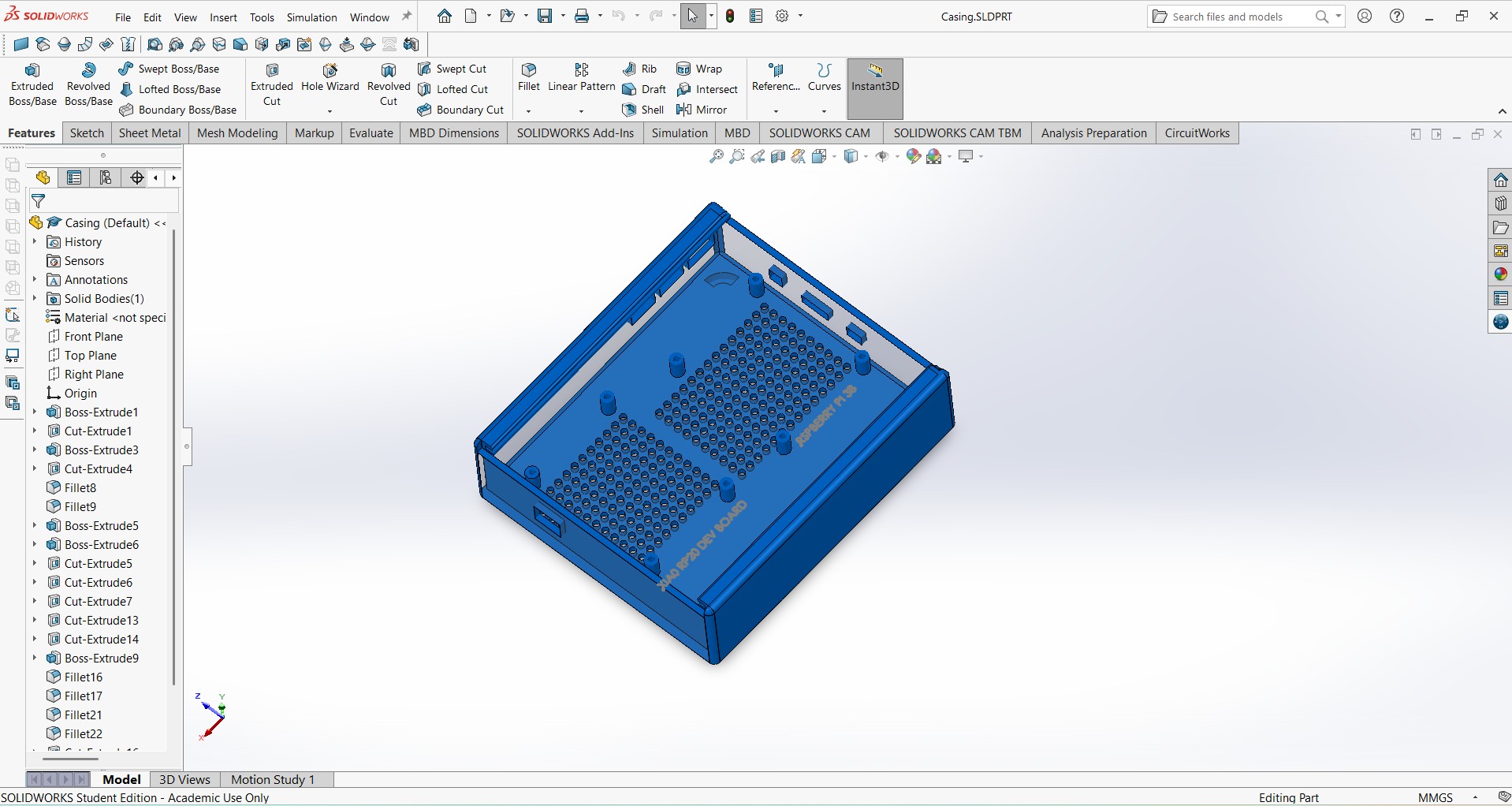
- 2D Design: Laser-cut acrylic templates (20x20 mm) for RFID tag placement on tools.
- Electronics Design: A custom PCB layout in KiCAD to distribute power and connect the Raspberry Pi to a local I2C LCD (optional redundancy display).
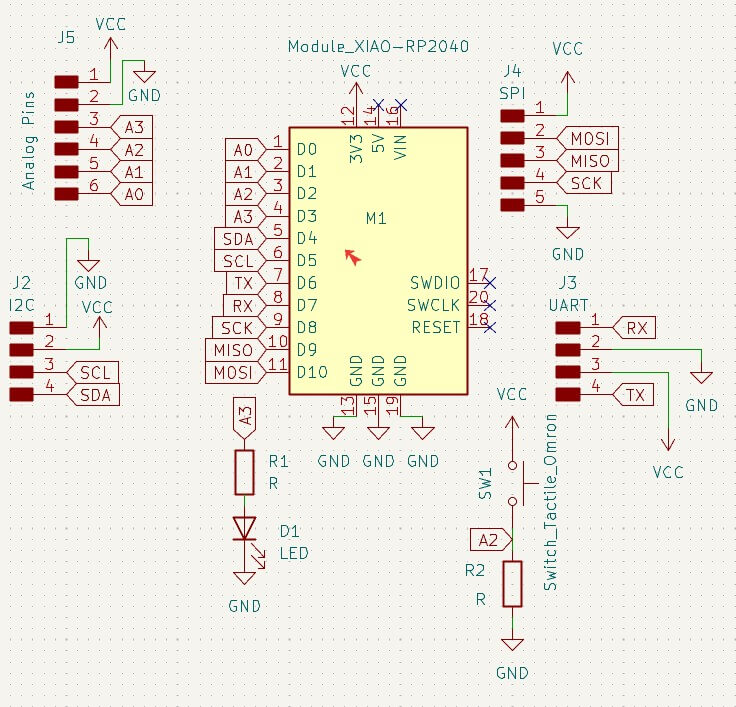
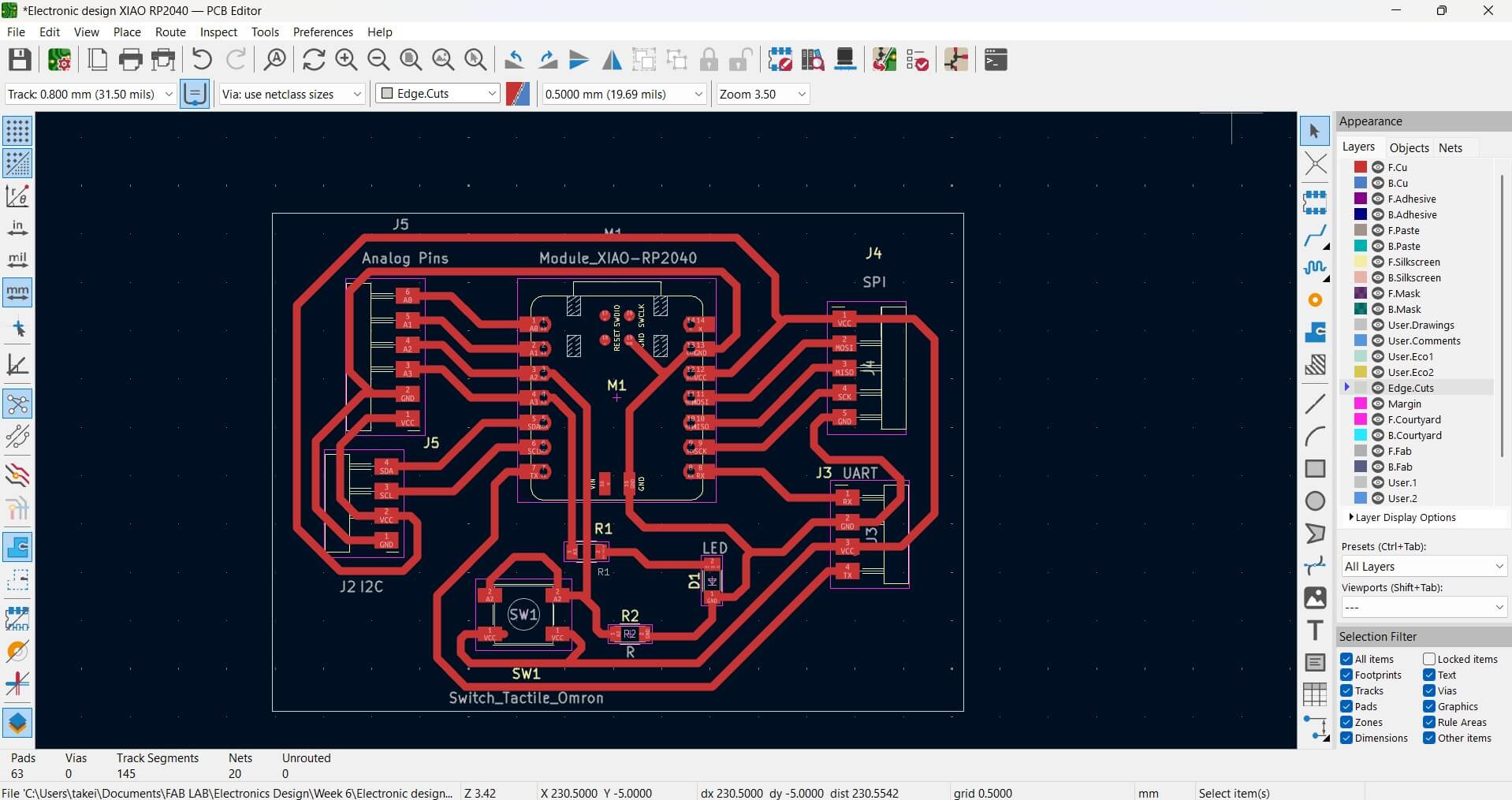
- Software Design: Python script for Tkinter GUI, inventory management, and RFID processing.
import tkinter as tk
from tkinter import ttk, scrolledtext, messagebox
import serial
import csv
import threading
import time
from datetime import datetime
from RPLCD.i2c import CharLCD
class InventoryGUI:
def __init__(self, root):
self.root = root
self.root.title("Inventory Tracking System")
self.root.geometry("800x600")
self.inventory_lock = threading.Lock()
# Serial port for RP2040 (Raspberry Pi Pico)
try:
self.pico_serial = serial.Serial('/dev/ttyACM0', 9600, timeout=1)
except serial.SerialException:
self.pico_serial = None
print("Warning: RP2040 serial port not found.")
# Optional serial port for other devices
try:
self.serial_port = serial.Serial('/dev/ttyUSB0', 9600, timeout=1) # Adjust if needed
except serial.SerialException:
self.serial_port = None
print("Warning: General serial port not found.")
self.inventory = {
"Hammer": 5,
"Screwdriver": 10,
"Wrench": 8,
"Pliers": 3
}
self.max_inventory = {
"Hammer": 10,
"Screwdriver": 20,
"Wrench": 15,
"Pliers": 5
}
self.last_uid = ""
self.status_message = "Waiting for scan..."
self.verification_status = "Pending"
self.last_action = ""
self.failover_mode = False
self.selected_tool = "Hammer"
# Initialize LCD (I2C address 0x27, 16x2 display)
try:
self.lcd = CharLCD(i2c_expander='PCF8574', address=0x27, port=1, cols=16, rows=2)
self.lcd.clear()
self.lcd.write_string("Waiting for scan")
except Exception as e:
print(f"Warning: LCD initialization failed: {e}")
self.lcd = None
# Flag and entry for RDR-7081AKU keystrokes
self.rdr_7081_input = ""
self.uid_entry = tk.Entry(root)
self.uid_entry.pack()
self.uid_entry.bind("", self.process_rdr_7081_input)
self.create_gui()
# Start RFID scanning thread for RP2040
threading.Thread(target=self.handle_rfid_scans, daemon=True).start()
# Start thread to process RDR-7081AKU input
threading.Thread(target=self.handle_rdr_7081_input_thread, daemon=True).start()
self.update_gui()
def create_gui(self):
status_frame = ttk.LabelFrame(self.root, text="System Status", padding=10)
status_frame.pack(fill="x", padx=10, pady=5)
self.status_label = ttk.Label(status_frame, text="Status: Waiting for scan...")
self.status_label.pack(anchor="w")
self.uid_label = ttk.Label(status_frame, text="Last Scanned UID: None")
self.uid_label.pack(anchor="w")
self.verify_label = ttk.Label(status_frame, text="Verification: Pending")
self.verify_label.pack(anchor="w")
self.action_label = ttk.Label(status_frame, text="Last Action: None")
self.action_label.pack(anchor="w")
borrower_frame = ttk.LabelFrame(self.root, text="Borrower Registration", padding=10)
borrower_frame.pack(fill="x", padx=10, pady=5)
ttk.Label(borrower_frame, text="Select Tool:").pack(anchor="w")
self.tool_var = tk.StringVar(value="Hammer")
tool_dropdown = ttk.Combobox(borrower_frame, textvariable=self.tool_var, values=list(self.inventory.keys()))
tool_dropdown.pack(anchor="w")
tool_dropdown.bind("<>", self.update_selected_tool)
ttk.Label(borrower_frame, text="Borrower UID:").pack(anchor="w")
self.borrower_entry = ttk.Entry(borrower_frame)
self.borrower_entry.pack(anchor="w")
ttk.Button(borrower_frame, text="Register Borrower", command=self.register_borrower).pack(anchor="w", pady=5)
ttk.Button(borrower_frame, text="Scan with RP2040/RC522", command=self.trigger_rfid_scan).pack(anchor="w")
inventory_frame = ttk.LabelFrame(self.root, text="Inventory", padding=10)
inventory_frame.pack(fill="both", expand=True, padx=10, pady=5)
self.inventory_tree = ttk.Treeview(inventory_frame, columns=("Tool", "Quantity", "Increase", "Decrease"), show="headings")
self.inventory_tree.heading("Tool", text="Tool")
self.inventory_tree.heading("Quantity", text="Quantity")
self.inventory_tree.heading("Increase", text="Add")
self.inventory_tree.heading("Decrease", text="Remove")
self.inventory_tree.column("Tool", width=150)
self.inventory_tree.column("Quantity", width=100)
self.inventory_tree.column("Increase", width=50)
self.inventory_tree.column("Decrease", width=50)
self.inventory_tree.pack(fill="both", expand=True)
self.update_inventory_display()
self.inventory_tree.bind("", self.handle_tree_click)
log_frame = ttk.LabelFrame(self.root, text="Transaction Logs", padding=10)
log_frame.pack(fill="both", expand=True, padx=10, pady=5)
self.log_text = scrolledtext.ScrolledText(log_frame, height=10, wrap=tk.WORD)
self.log_text.pack(fill="both", expand=True)
self.load_transaction_logs()
def update_selected_tool(self, event):
self.selected_tool = self.tool_var.get()
def trigger_rfid_scan(self):
if self.pico_serial:
self.status_message = "Triggered RP2040/RC522 scan..."
self.update_lcd(self.status_message)
else:
self.status_message = "RP2040 serial port not available."
def handle_rfid_scans(self):
while True:
try:
if self.pico_serial and self.pico_serial.in_waiting > 0:
message = self.pico_serial.readline().decode().strip()
if message.startswith("RFID:"):
self.last_uid = message.split("RFID:")[1]
self.status_message = f"Scanned via RP2040/RC522: {self.last_uid}"
self.verification_status = "Pending"
self.update_lcd(self.status_message)
self.process_rfid_scan(self.last_uid)
time.sleep(0.1) # Small delay to prevent CPU overload
except Exception as e:
self.status_message = f"RFID scan error: {e}"
self.update_lcd(self.status_message)
print(f"Error during RFID scan: {e}")
time.sleep(1)
def handle_rdr_7081_input_thread(self):
while True:
if self.rdr_7081_input and "\n" in self.rdr_7081_input:
uid = self.rdr_7081_input.strip()
if uid:
self.last_uid = uid
self.status_message = f"Scanned via RDR-7081AKU: {self.last_uid}"
self.verification_status = "Pending"
self.update_lcd(self.status_message)
self.process_rfid_scan(self.last_uid)
self.rdr_7081_input = ""
time.sleep(0.1)
def process_rdr_7081_input(self, event):
"""Process keystrokes from RDR-7081AKU card reader"""
if event.char: # Only process printable characters
self.rdr_7081_input += event.char
def process_rfid_scan(self, uid):
is_checked_out = self.check_transaction_status(uid, self.selected_tool)
with self.inventory_lock:
if is_checked_out:
self.verification_status = "Valid UID (Return)"
self.last_action = "CHECKIN"
self.inventory[self.selected_tool] += 1
if self.inventory[self.selected_tool] > self.max_inventory[self.selected_tool]:
self.inventory[self.selected_tool] = self.max_inventory[self.selected_tool]
self.log_transaction(self.selected_tool, uid, "CHECKIN")
else:
try:
with open("transactions.csv", "r") as file:
uids = [row[1] for row in csv.reader(file) if len(row) >= 3 and row[2] == "CHECKOUT"]
if uid in uids:
self.verification_status = "Duplicate UID (Checkout)"
self.last_action = "FAILED"
else:
self.verification_status = "Valid UID (Checkout)"
self.last_action = "CHECKOUT"
self.inventory[self.selected_tool] -= 1
if self.inventory[self.selected_tool] < 0:
self.inventory[self.selected_tool] = 0
self.log_transaction(self.selected_tool, uid, "CHECKOUT")
except FileNotFoundError:
self.verification_status = "Valid UID (Checkout)"
self.last_action = "CHECKOUT"
self.inventory[self.selected_tool] -= 1
if self.inventory[self.selected_tool] < 0:
self.inventory[self.selected_tool] = 0
self.log_transaction(self.selected_tool, uid, "CHECKOUT")
self.update_inventory_display()
def update_lcd(self, message):
if self.lcd: # Check if LCD is initialized
try:
self.lcd.clear()
self.lcd.write_string(message[:16]) # Truncate to 16 characters for 16x2 LCD
except Exception as e:
print(f"Error updating LCD: {e}")
def register_borrower(self):
borrower_uid = self.borrower_entry.get().strip()
if not borrower_uid:
messagebox.showerror("Error", "Please enter a Borrower UID.")
return
self.last_uid = borrower_uid
is_checked_out = self.check_transaction_status(borrower_uid, self.selected_tool)
with self.inventory_lock:
if is_checked_out:
self.verification_status = "Valid UID (Return)"
self.last_action = "CHECKIN"
self.inventory[self.selected_tool] += 1
if self.inventory[self.selected_tool] > self.max_inventory[self.selected_tool]:
self.inventory[self.selected_tool] = self.max_inventory[self.selected_tool]
messagebox.showwarning("Warning", f"Maximum quantity reached for {self.selected_tool}.")
self.log_transaction(self.selected_tool, borrower_uid, "CHECKIN")
else:
try:
with open("transactions.csv", "r") as file:
uids = [row[1] for row in csv.reader(file) if len(row) >= 3 and row[2] == "CHECKOUT"]
if borrower_uid in uids:
self.verification_status = "Duplicate UID (Checkout)"
self.last_action = "FAILED"
messagebox.showerror("Error", "This UID is already checked out.")
return
except FileNotFoundError:
pass
self.verification_status = "Valid UID (Checkout)"
self.last_action = "CHECKOUT"
self.inventory[self.selected_tool] -= 1
if self.inventory[self.selected_tool] < 0:
self.inventory[self.selected_tool] = 0
messagebox.showwarning("Warning", "Quantity cannot go below 0.")
self.log_transaction(self.selected_tool, borrower_uid, "CHECKOUT")
self.update_inventory_display()
if self.pico_serial:
self.pico_serial.write(f"TEXT:{self.last_action} {self.last_uid}\n".encode())
self.borrower_entry.delete(0, tk.END)
def update_inventory_display(self):
self.inventory_tree.delete(*self.inventory_tree.get_children())
for tool, quantity in self.inventory.items():
self.inventory_tree.insert("", "end", values=(tool, quantity, "+", "−"))
def handle_tree_click(self, event):
item = self.inventory_tree.selection()
if not item:
return
item = item[0]
column = self.inventory_tree.identify_column(event.x)
tool = self.inventory_tree.item(item, "values")[0]
with self.inventory_lock:
if column == "#3":
if self.inventory[tool] < self.max_inventory[tool]:
self.inventory[tool] += 1
self.log_transaction(tool, "Manual", "MANUAL_ADD")
else:
messagebox.showwarning("Warning", f"Maximum quantity reached for {tool}.")
elif column == "#4" and self.inventory[tool] > 0:
self.inventory[tool] -= 1
self.log_transaction(tool, "Manual", "MANUAL_SUBTRACT")
self.update_inventory_display()
def load_transaction_logs(self):
try:
with open("transactions.csv", "r") as file:
reader = csv.reader(file)
logs = list(reader)
self.log_text.delete(1.0, tk.END)
if not logs or logs[0] != ["tool", "borrower", "action", "timestamp"]:
self.log_text.insert(tk.END, "No transactions yet.\n")
return
logs = logs[1:]
for log in logs[-10:]:
if len(log) >= 4:
self.log_text.insert(tk.END, f"{log[3]}: {log[0]} - {log[1]} - {log[2]}\n")
except FileNotFoundError:
with open("transactions.csv", "w", newline="") as file:
writer = csv.writer(file)
writer.writerow(["tool", "borrower", "action", "timestamp"])
self.log_text.delete(1.0, tk.END)
self.log_text.insert(tk.END, "No transactions yet.\n")
def check_transaction_status(self, borrower, tool):
try:
with open("transactions.csv", "r") as file:
reader = csv.reader(file)
transactions = list(reader)[1:]
for transaction in reversed(transactions):
if len(transaction) >= 3 and transaction[0] == tool and transaction[1] == borrower:
return transaction[2] == "CHECKOUT"
except FileNotFoundError:
return False
return False
def handle_serial_communication(self):
while True:
try:
if self.serial_port and self.serial_port.in_waiting > 0:
message = self.serial_port.readline().decode().strip()
if message.startswith("VERIFY:"):
uid = message.split(":")[1]
is_checked_out = self.check_transaction_status(uid, self.selected_tool)
with self.inventory_lock:
if is_checked_out:
self.verification_status = "Valid UID (Return)"
self.serial_port.write("CONFIRM:VALID\n".encode())
self.last_action = "CHECKIN"
self.inventory[self.selected_tool] += 1
if self.inventory[self.selected_tool] > self.max_inventory[self.selected_tool]:
self.inventory[self.selected_tool] = self.max_inventory[self.selected_tool]
self.log_transaction(self.selected_tool, uid, "CHECKIN")
else:
try:
with open("transactions.csv", "r") as file:
rows = list(csv.reader(file))[1:]
uids = [r[1] for r in rows if len(r) >= 3 and r[2] == "CHECKOUT"]
if uid in uids:
self.verification_status = "Duplicate UID (Checkout)"
self.serial_port.write("CONFIRM:INVALID\n".encode())
self.last_action = "FAILED"
else:
self.verification_status = "Valid UID (Checkout)"
self.serial_port.write("CONFIRM:VALID\n".encode())
self.last_action = "CHECKOUT"
self.inventory[self.selected_tool] -= 1
if self.inventory[self.selected_tool] < 0:
self.inventory[self.selected_tool] = 0
self.log_transaction(self.selected_tool, uid, "CHECKOUT")
except FileNotFoundError:
self.verification_status = "Valid UID (Checkout)"
self.serial_port.write("CONFIRM:VALID\n".encode())
self.last_action = "CHECKOUT"
self.inventory[self.selected_tool] -= 1
if self.inventory[self.selected_tool] < 0:
self.inventory[self.selected_tool] = 0
self.log_transaction(self.selected_tool, uid, "CHECKOUT")
except Exception as e:
self.status_message = f"Serial error: {e}"
self.update_lcd(self.status_message)
time.sleep(1)
def log_transaction(self, tool, borrower, action):
timestamp = datetime.now().strftime("%Y-%m-%d %H:%M:%S")
with open("transactions.csv", "a", newline="") as file:
writer = csv.writer(file)
writer.writerow([tool, borrower, action, timestamp])
self.load_transaction_logs()
def update_gui(self):
self.status_label.config(text=f"Status: {self.status_message}")
self.uid_label.config(text=f"Last Scanned UID: {self.last_uid}")
self.verify_label.config(text=f"Verification: {self.verification_status}")
self.action_label.config(text=f"Last Action: {self.last_action}")
if self.pico_serial and self.last_uid:
try:
self.pico_serial.write(f"TEXT:{self.last_action} {self.last_uid}\n".encode())
except Exception as e:
print(f"Error writing to Pico serial: {e}")
self.root.after(1000, self.update_gui)
def on_closing(self):
if self.pico_serial:
self.pico_serial.close()
if self.serial_port:
self.serial_port.close()
if self.lcd:
self.lcd.clear()
self.root.destroy()
if __name__ == "__main__":
try:
root = tk.Tk()
app = InventoryGUI(root)
root.protocol("WM_DELETE_WINDOW", app.on_closing)
root.mainloop()
except KeyboardInterrupt:
print("\nKeyboardInterrupt received. Shutting down gracefully...")
if 'app' in locals():
app.on_closing()
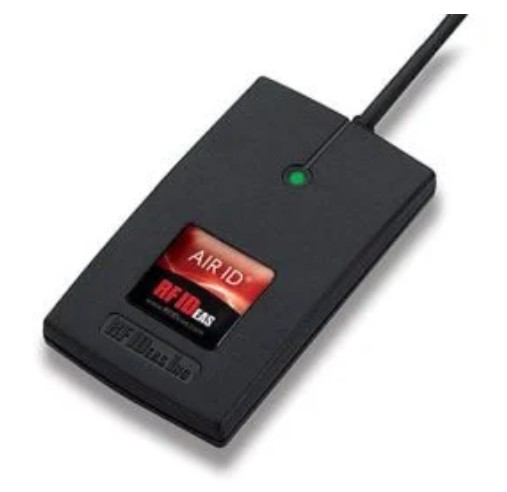
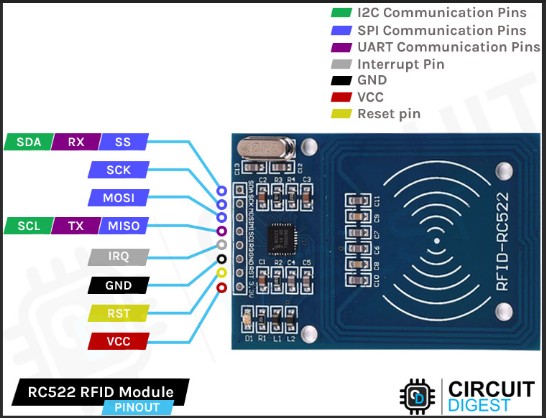
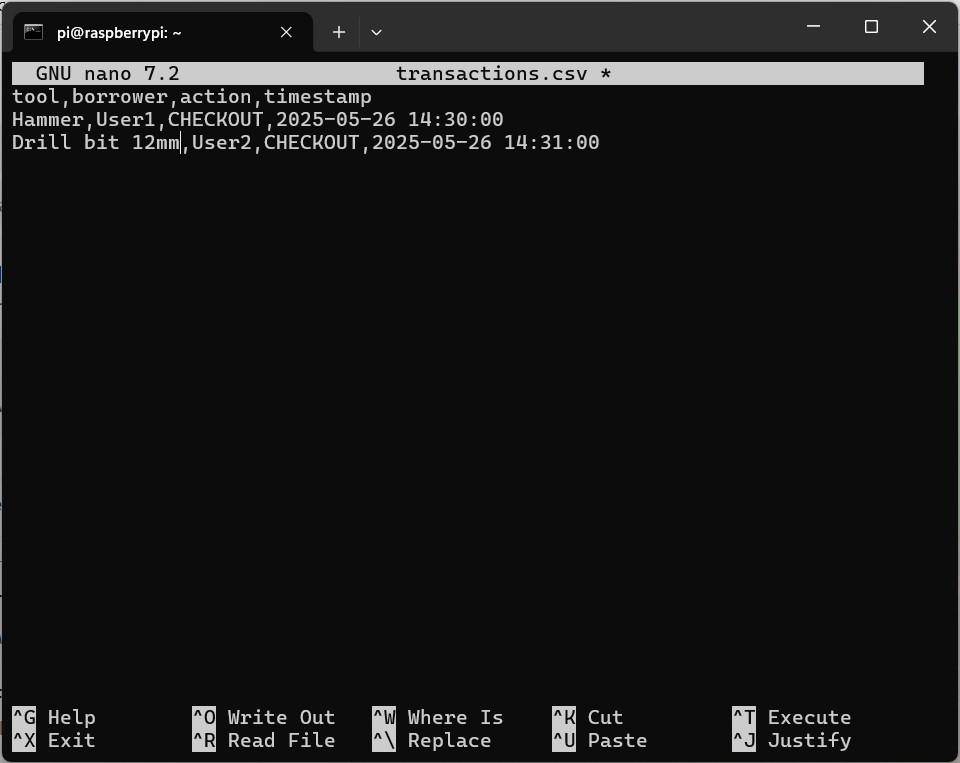
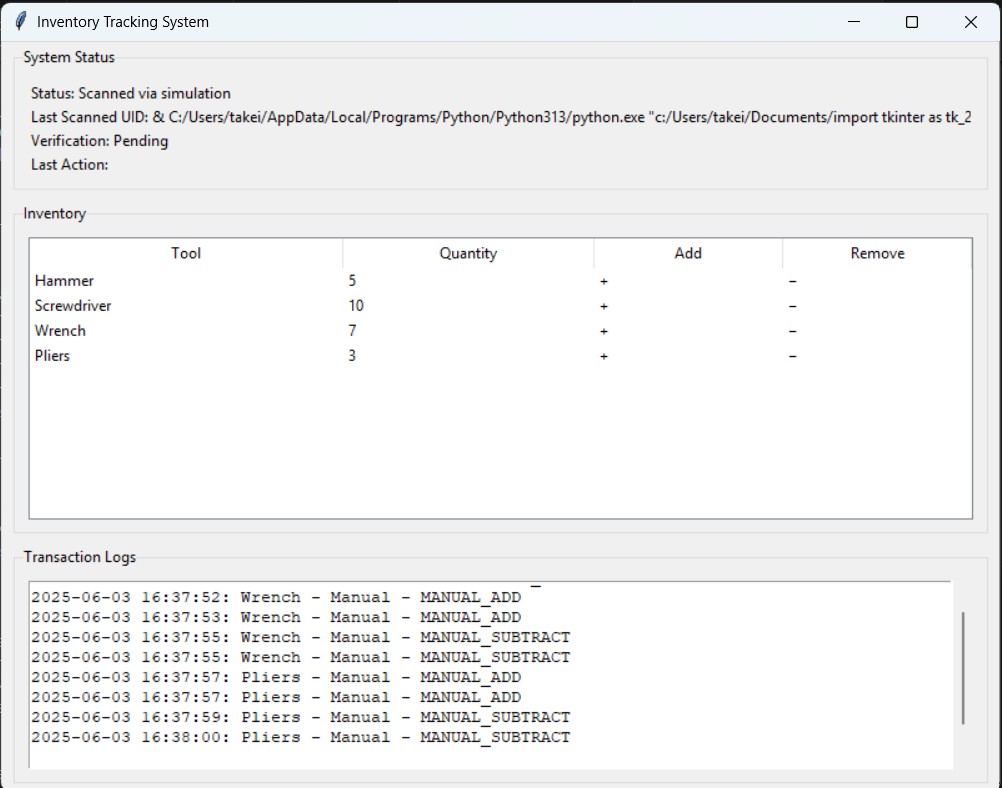


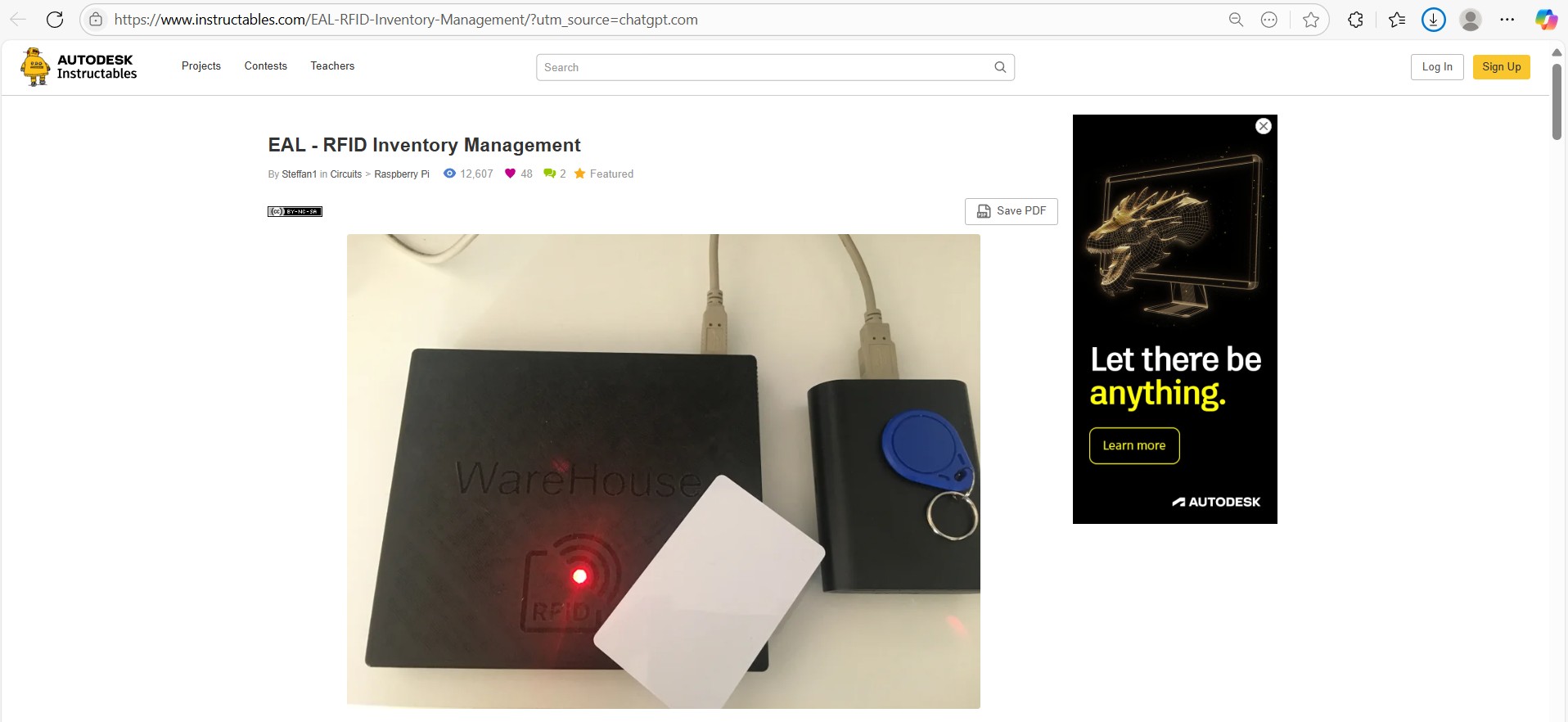

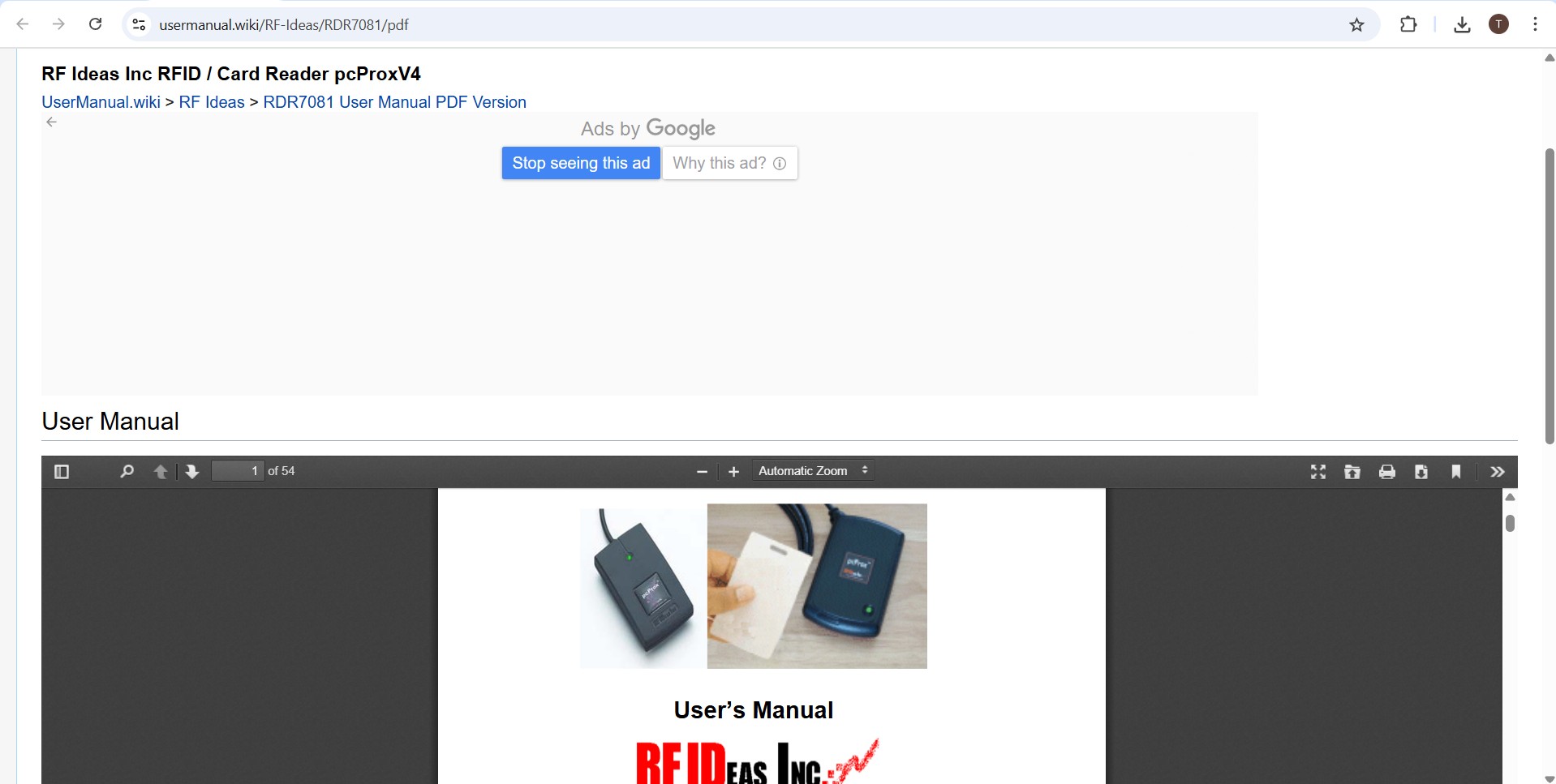
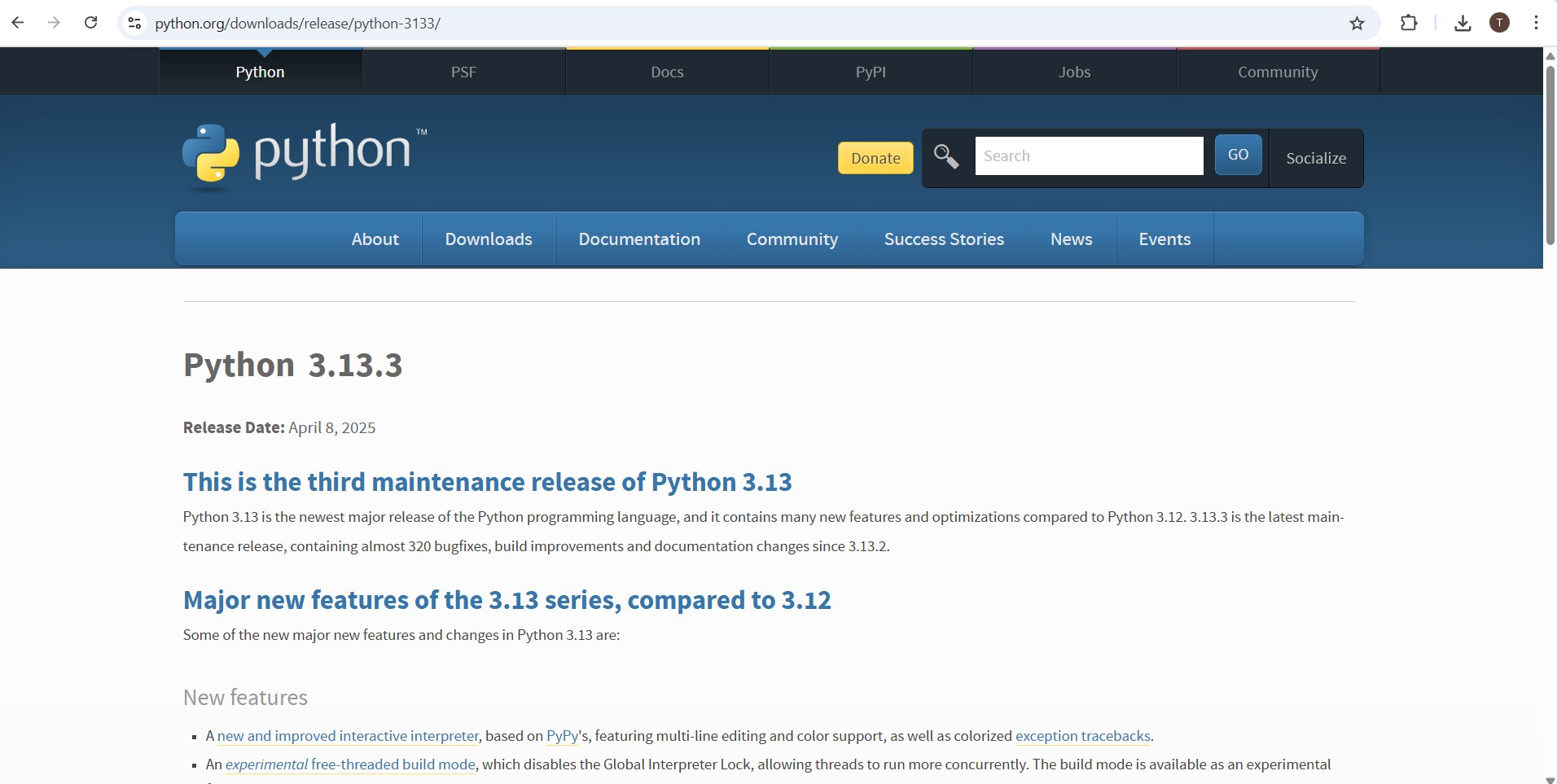





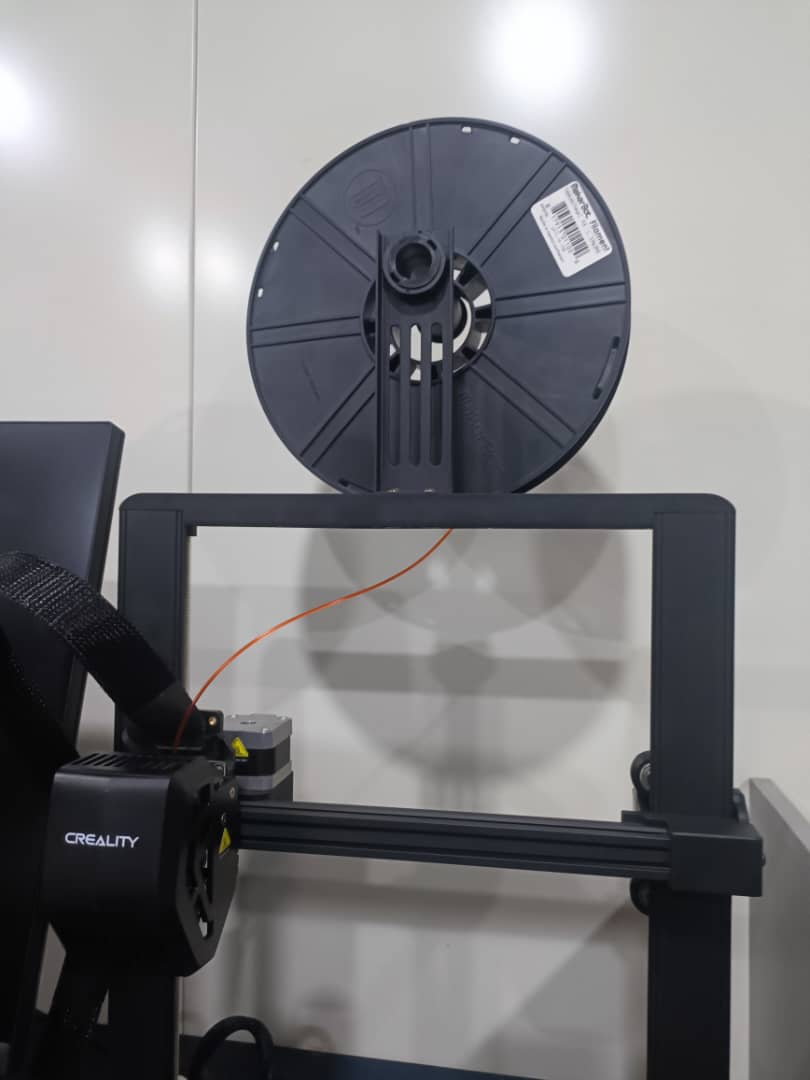
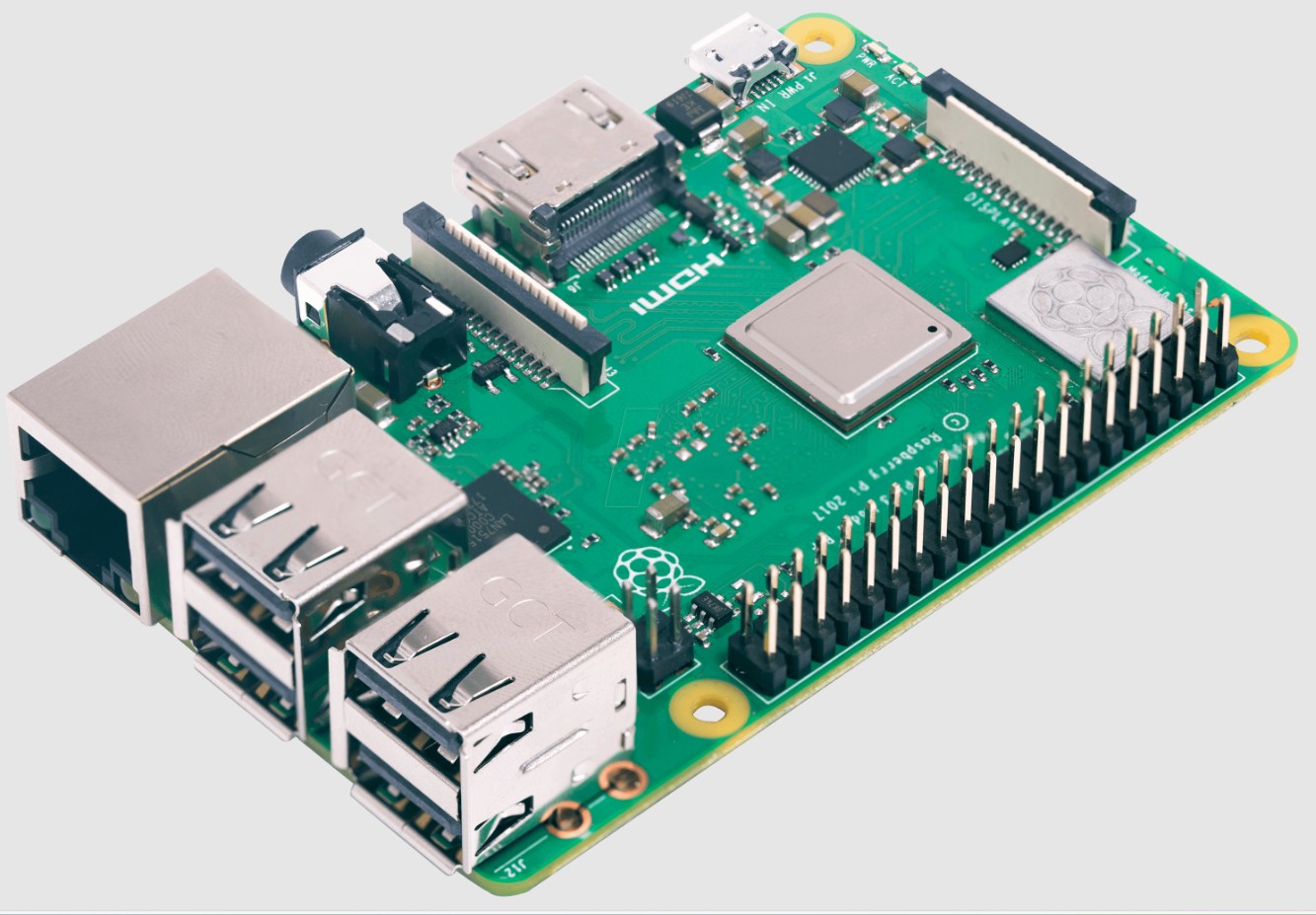
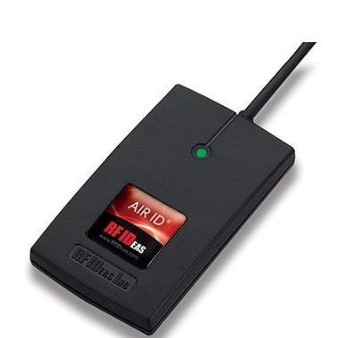
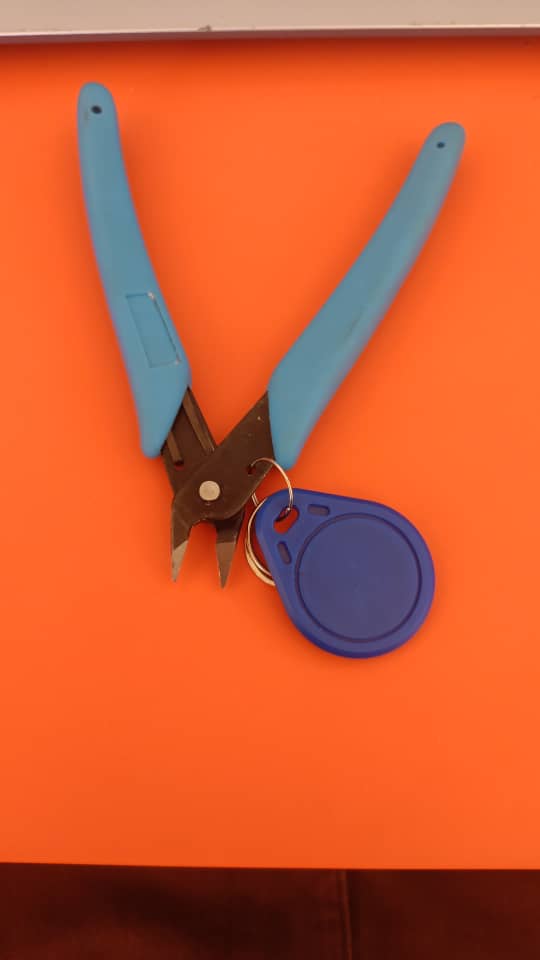
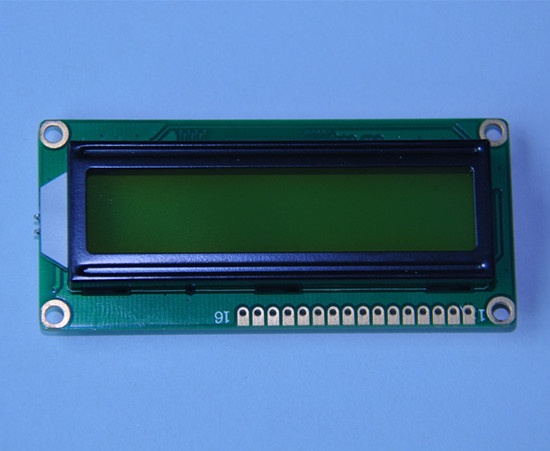
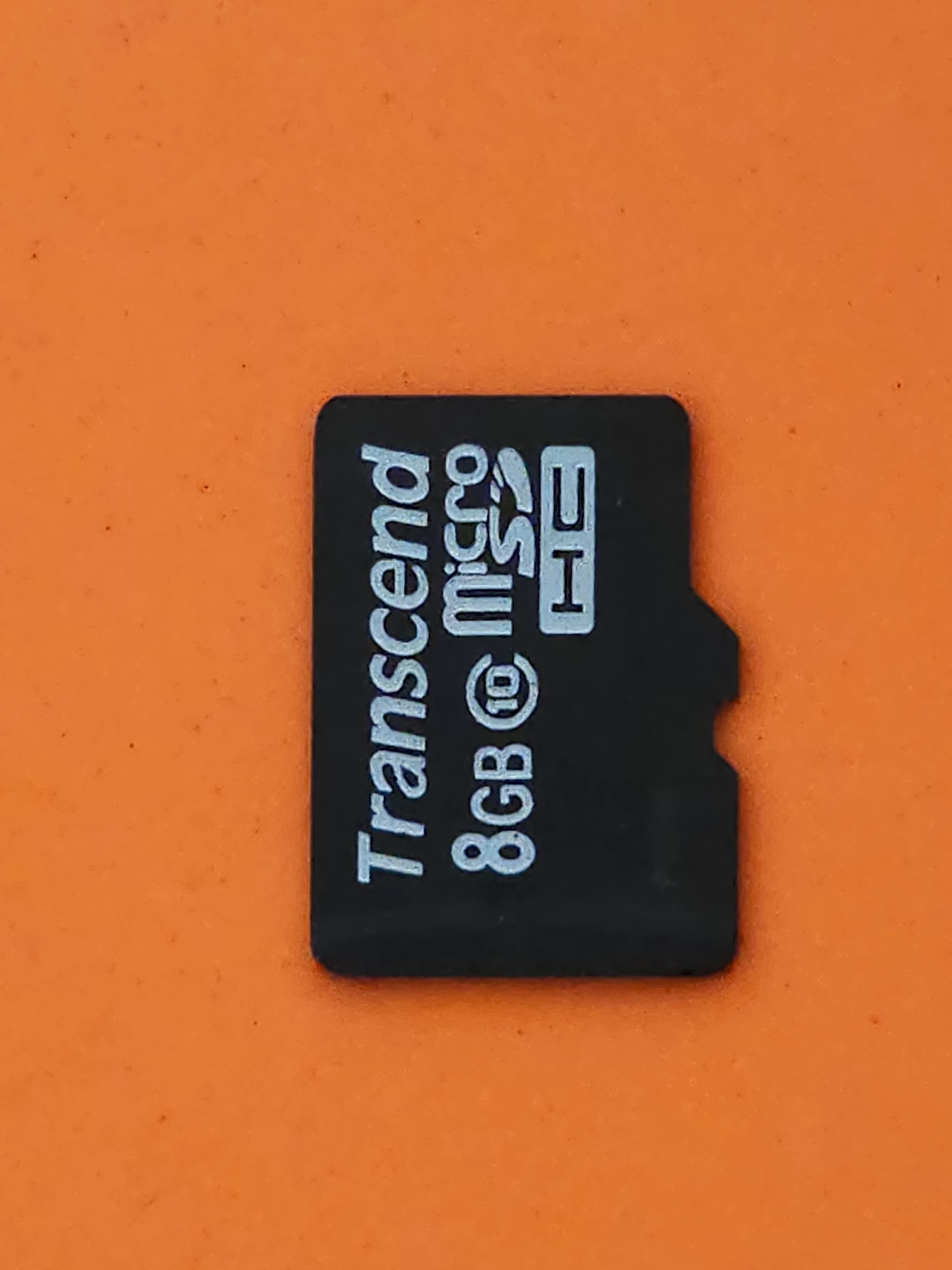
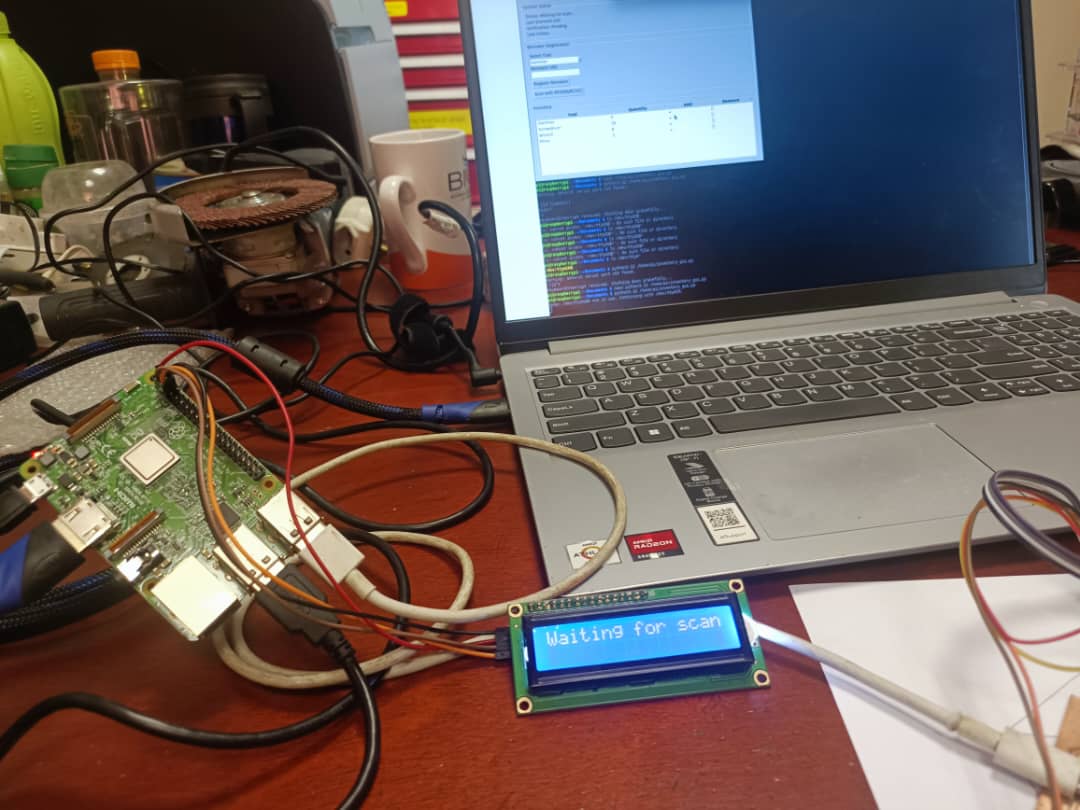
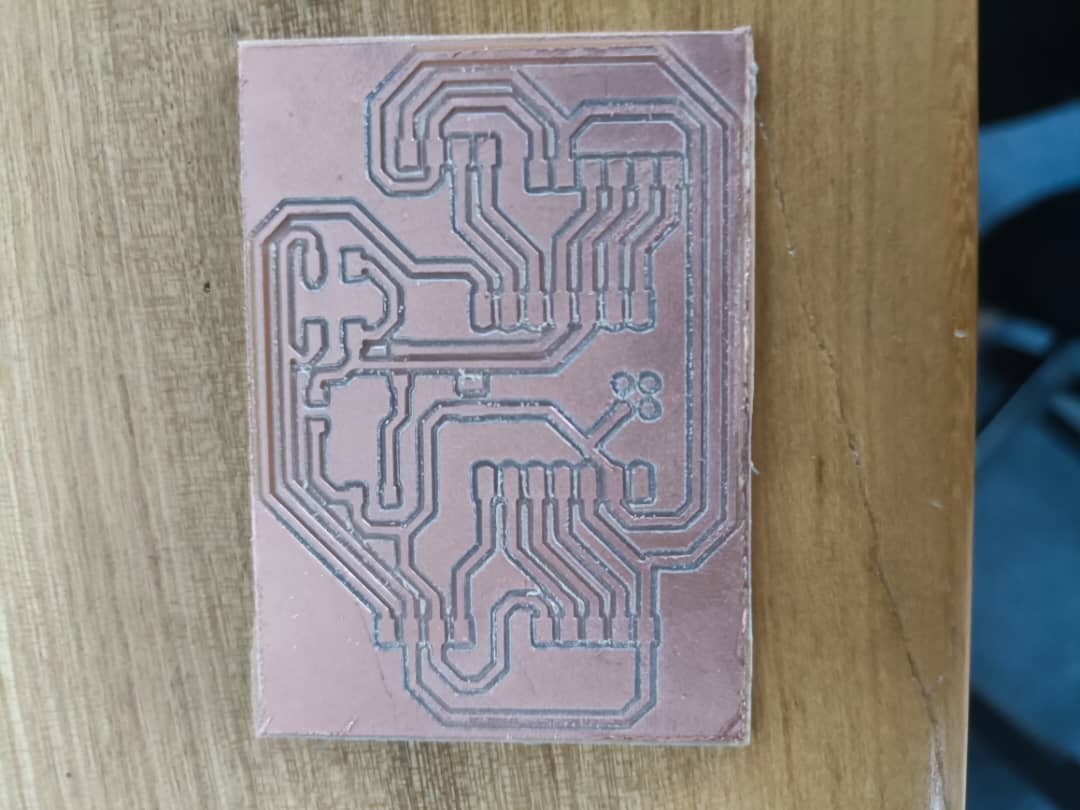
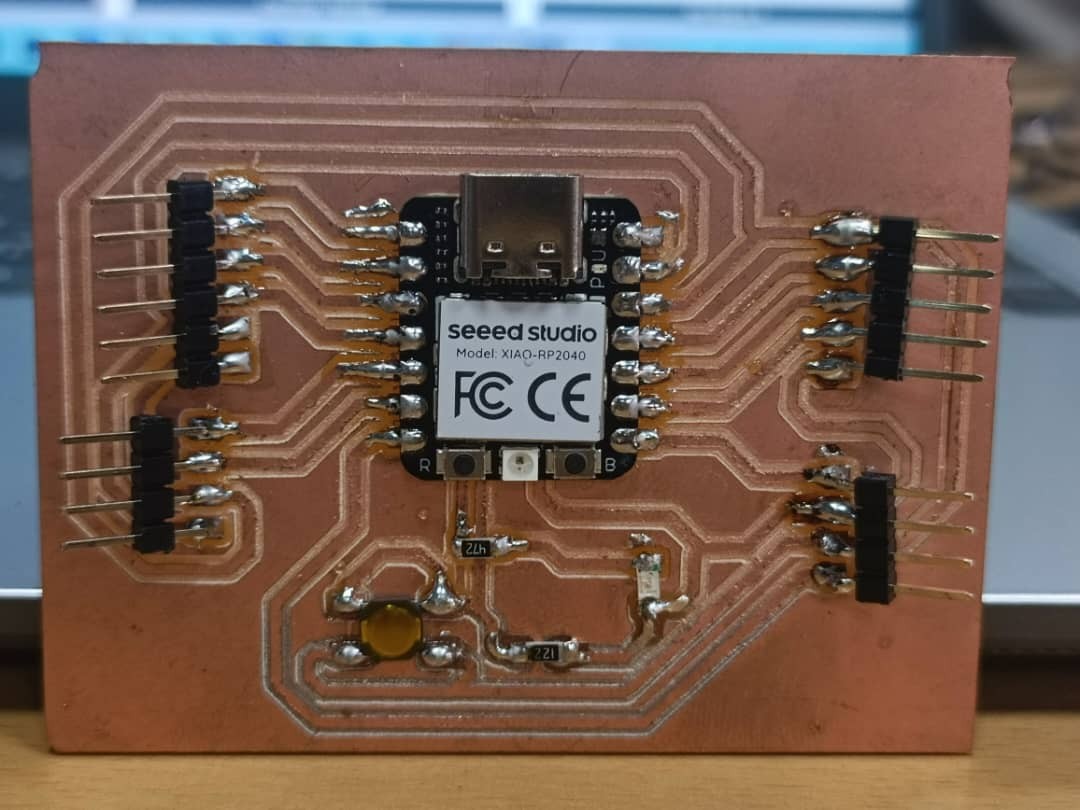
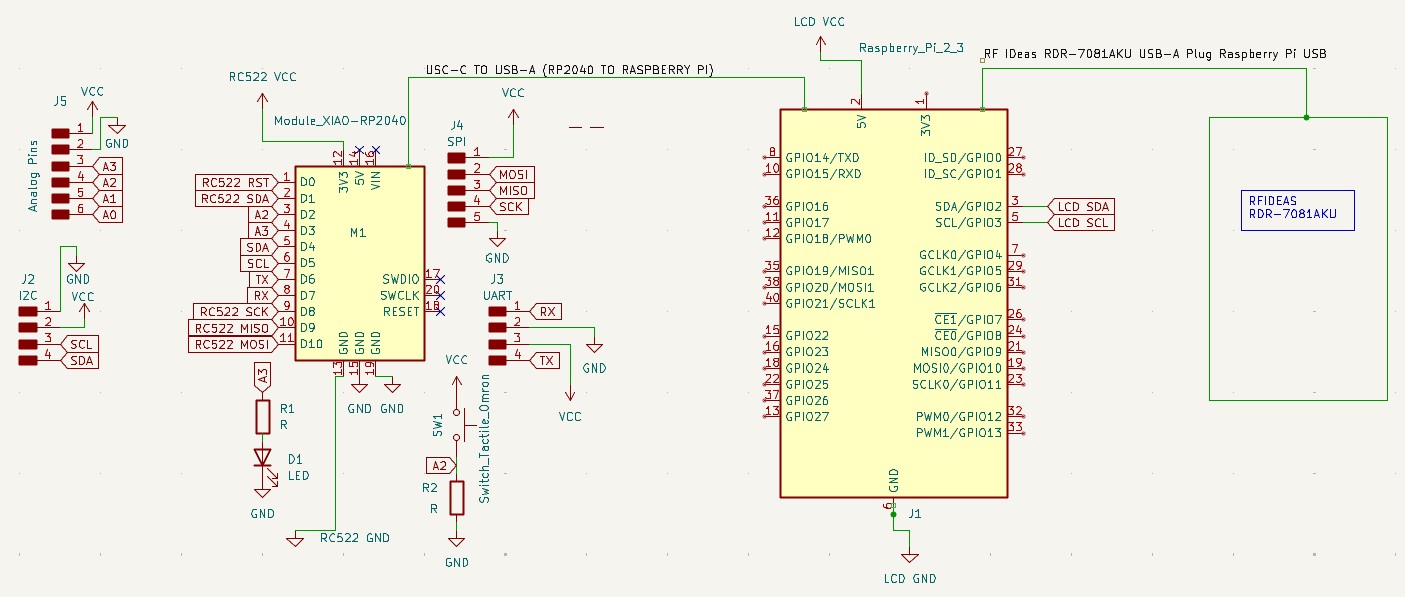
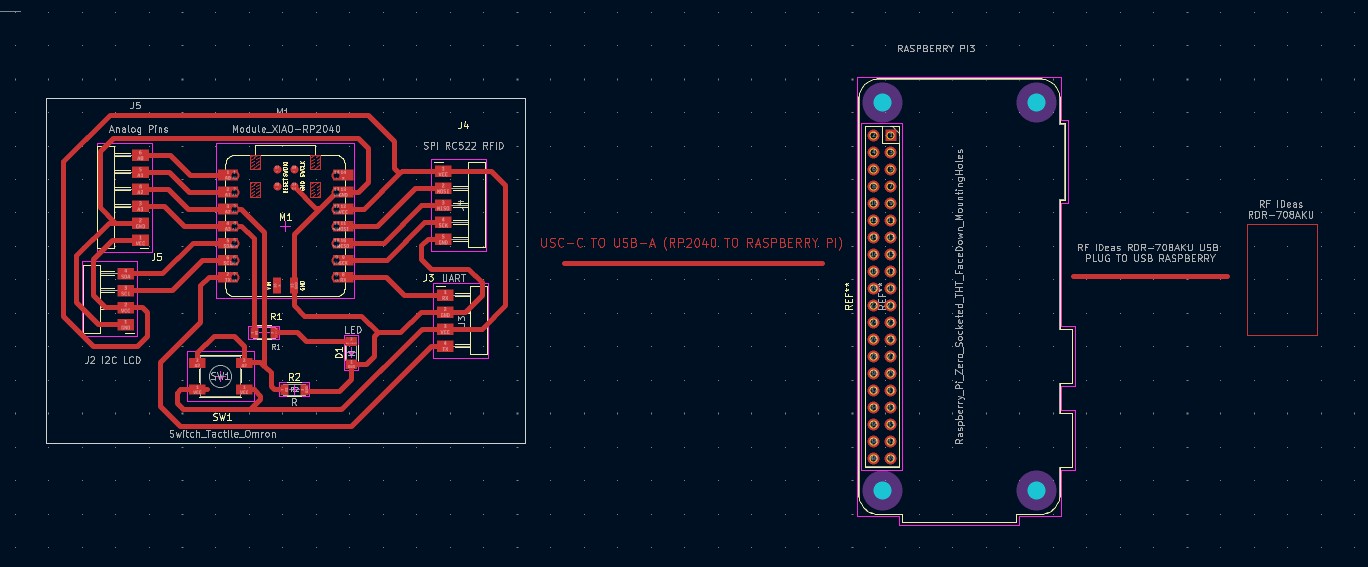
.jpeg)
